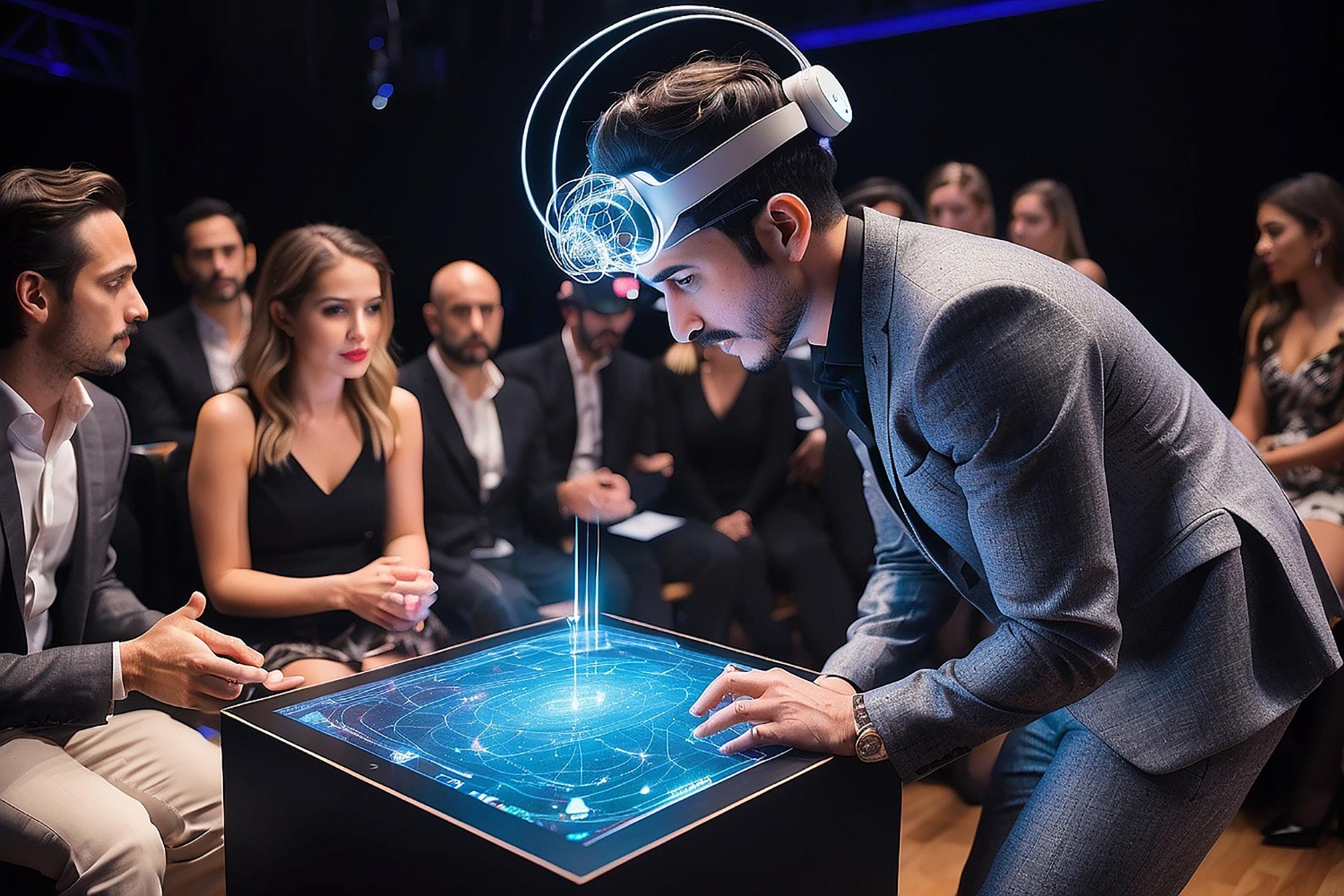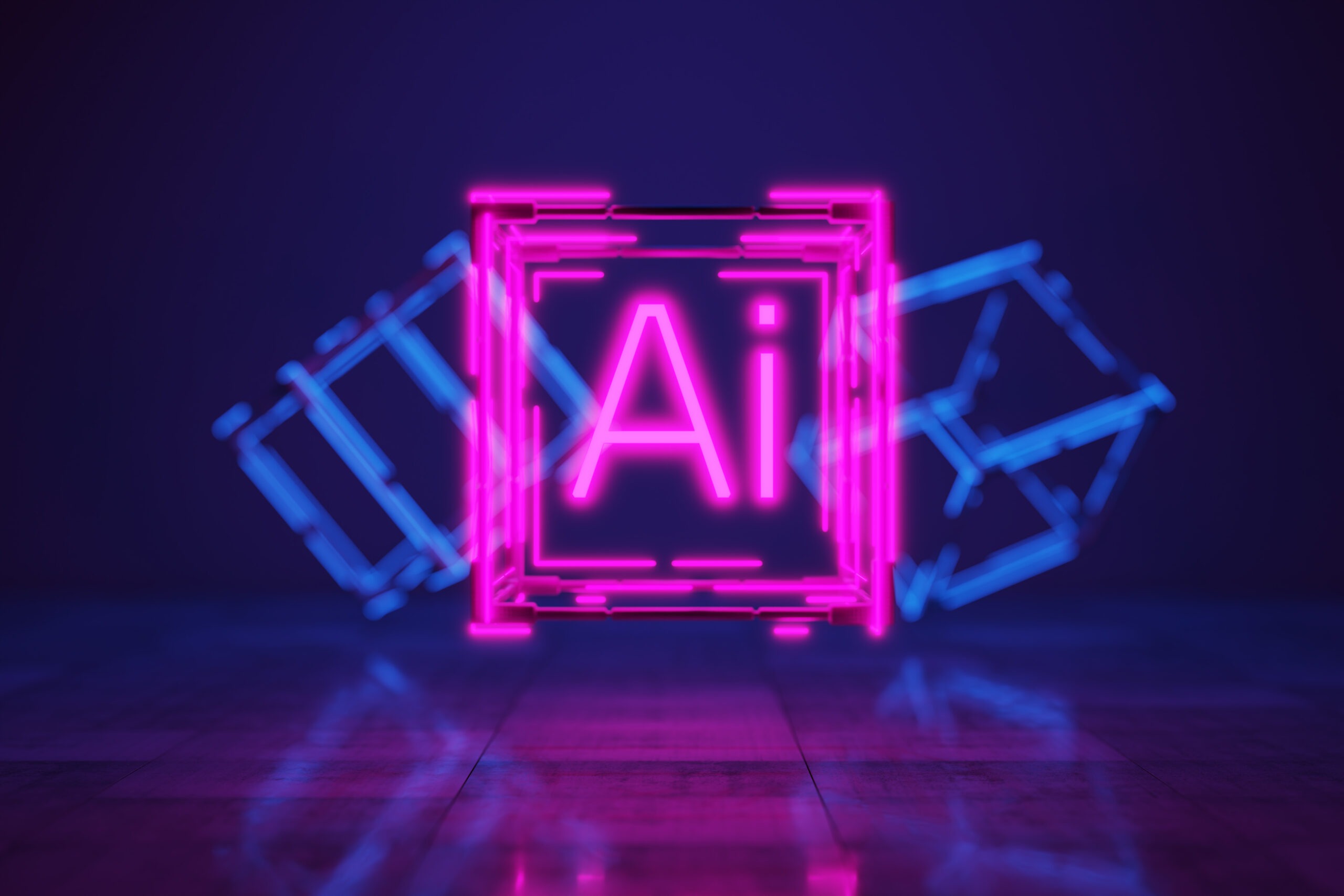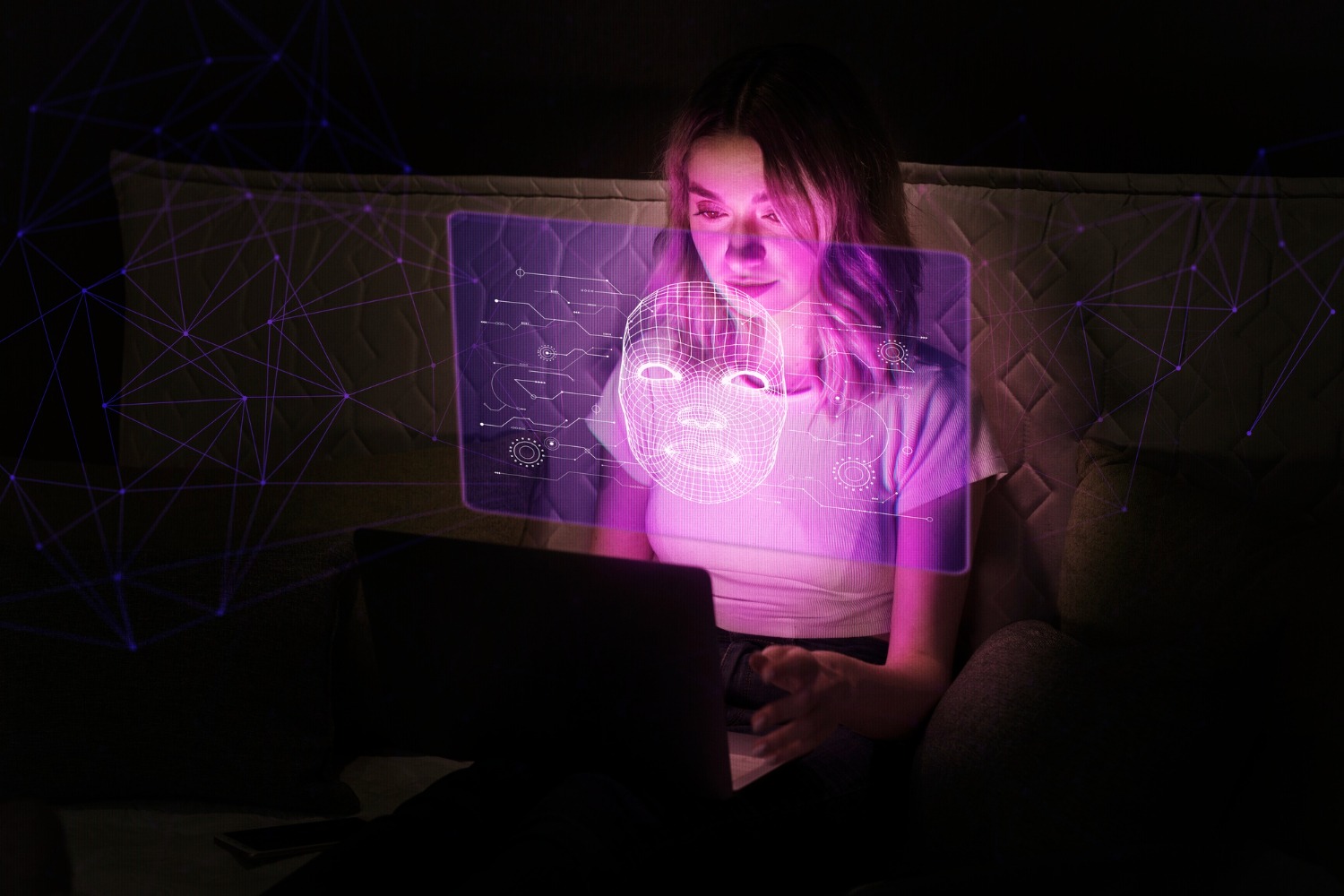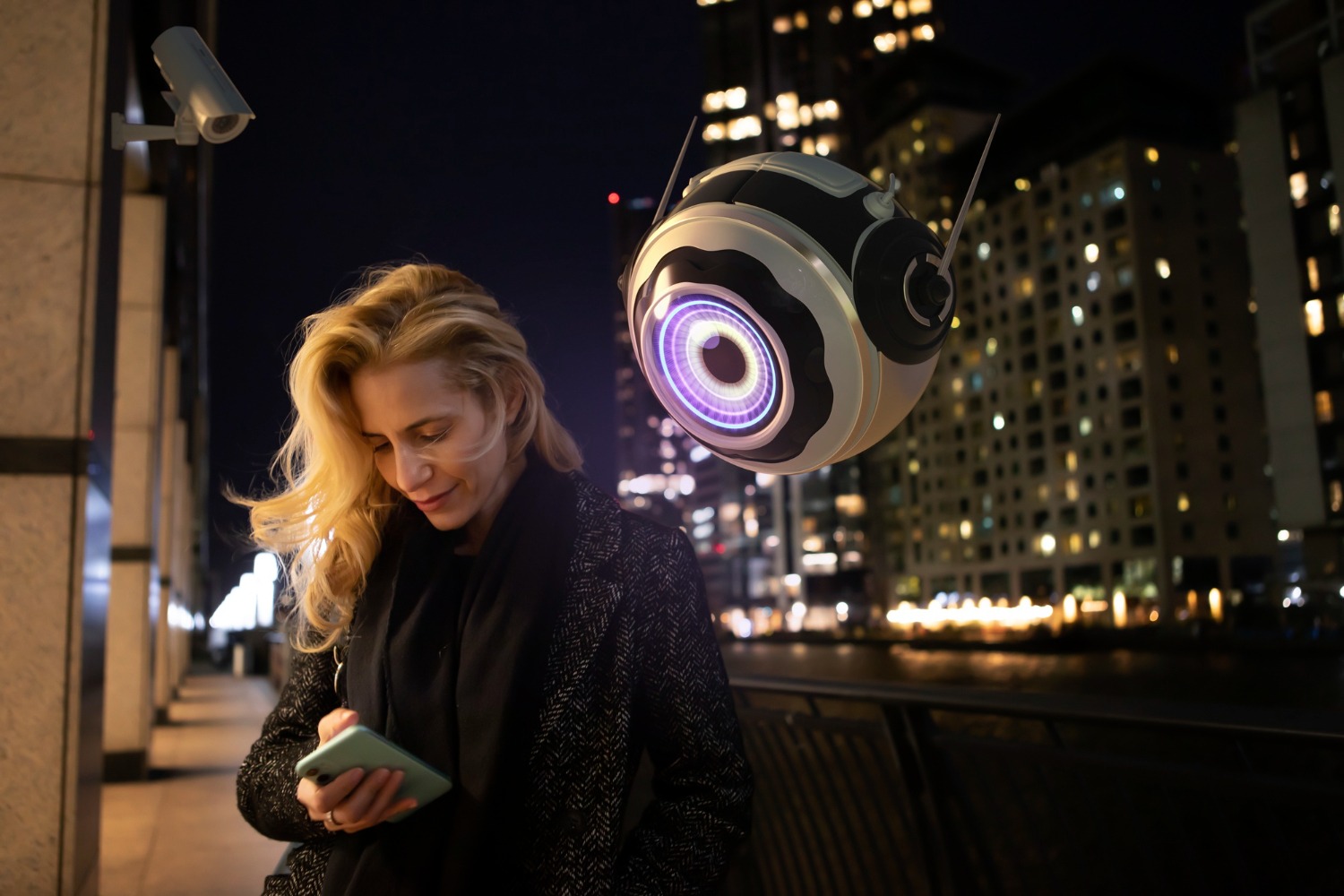Is Generative AI Weakening Our Critical Thinking Skills?
Generative AI has transformed workplaces, offering unprecedented speed and efficiency for a range of tasks. But is this convenience coming at the cost of our critical thinking skills? A recent study by researchers at Microsoft and Carnegie Mellon University sheds light on how reliance on generative AI at work might impact cognitive faculties, especially higher-order thinking.
The Cognitive Impact of Generative AI
According to the study, technologies like generative AI, when misused or overused, can diminish cognitive abilities that are essential for independent problem-solving. The paper warns:
The researchers found that when workers rely on generative AI tools, their mental effort shifts from complex tasks like analyzing, evaluating, and creating, to simpler ones like verifying whether the AI’s output is “good enough” to use. While this may streamline workflows, it comes at a cost: a reduction in opportunities to practice critical thinking.
This shift leaves individuals less prepared to handle situations where AI fails. The study describes this as a form of “cognitive atrophy,” where the consistent use of AI diminishes mental “musculature,” making people less capable of addressing challenges independently.
How Overreliance on AI Can Erode Problem-Solving Skills
The study involved 319 participants who use generative AI tools at least once a week for work-related tasks. Participants were asked to provide examples of how they use AI in their work, which were grouped into three categories:
- Creation: Tasks like drafting standard emails or documents.
- Information: Researching a topic, summarizing articles, or gathering data.
- Advice: Seeking recommendations or creating data visualizations.
Participants were also asked whether these tasks involved critical thinking and whether AI tools reduced or enhanced their mental effort. Additionally, the study assessed participants’ confidence in their own abilities, their trust in AI outputs, and their capacity to evaluate AI-generated responses.
Key Findings from the Study
The findings reveal significant nuances in how AI affects cognitive processes:
- Reduction in Critical Thinking: A significant portion of participants admitted that generative AI reduced their critical thinking effort. For instance, instead of creating solutions from scratch or analyzing data independently, they relied on AI to provide ready-made answers.
- Critical Thinking as a Mitigation Strategy: About 36% of participants reported using critical thinking to mitigate potential risks of AI-generated responses. For example:
- One participant used ChatGPT to draft a performance review but meticulously reviewed and edited the output to avoid any mistakes that could harm her job security.
- Another participant rephrased AI-generated emails to suit a hierarchical workplace culture, ensuring the tone was appropriate for senior colleagues.
- Many respondents verified AI outputs by cross-checking information through other sources like YouTube, Wikipedia, or traditional web searches. Ironically, this verification process often nullified the time-saving benefits of using AI in the first place.
- Lack of Awareness of AI’s Limitations: The study found that not all participants were aware of the potential shortcomings of generative AI. Those who lacked this awareness were less likely to exercise critical thinking. The researchers emphasized that understanding AI’s limitations is crucial for users to counteract its weaknesses effectively.
- Confidence in AI vs. Self-Confidence: A notable observation was that participants who trusted AI’s capabilities reported using less critical thinking effort. In contrast, those who were confident in their own abilities were more likely to evaluate and challenge AI-generated outputs.
Why Overreliance on AI Can Be Problematic
Generative AI’s shortcomings can result in unintended consequences if not carefully managed. As the researchers note:
“Potential downstream harms of GenAI responses can motivate critical thinking, but only if the user is consciously aware of such harms.”
When people are unaware of these potential risks, they are more likely to accept AI-generated responses without question. This poses a significant challenge in professional settings where accuracy, judgment, and creativity are critical.
Moreover, the habit of intervening only when AI outputs are obviously flawed can deprive workers of essential problem-solving opportunities. Over time, this overreliance weakens their ability to independently analyze and resolve issues, leaving them unprepared for situations where AI falls short or fails altogether.

Balancing the Use of AI and Human Skills
The study stops short of claiming that generative AI directly makes people “dumber.” However, it raises valid concerns about the unintended consequences of overdependence on AI. Generative AI tools are incredibly powerful, but their utility must be balanced with active engagement and critical thinking.
To avoid cognitive atrophy, organizations and individuals should focus on:
- Education: Ensuring users understand the limitations of generative AI and how its outputs can be flawed.
- Training: Encouraging employees to consistently practice problem-solving and critical thinking, even when AI tools are available.
- Verification: Promoting a mindset of active engagement, where users critically evaluate AI responses instead of passively accepting them.
Conclusion
Generative AI is undoubtedly a game-changer in the workplace, enhancing productivity and efficiency. However, this study highlights a potential downside: the risk of diminishing critical thinking skills. By relying too heavily on AI to “think for us,” we may unintentionally weaken our capacity to think for ourselves.
To maintain cognitive resilience, it’s crucial to strike a balance between leveraging AI’s capabilities and nurturing our own problem-solving abilities. After all, the true power of technology lies not in replacing human intelligence but in complementing and enhancing it.




